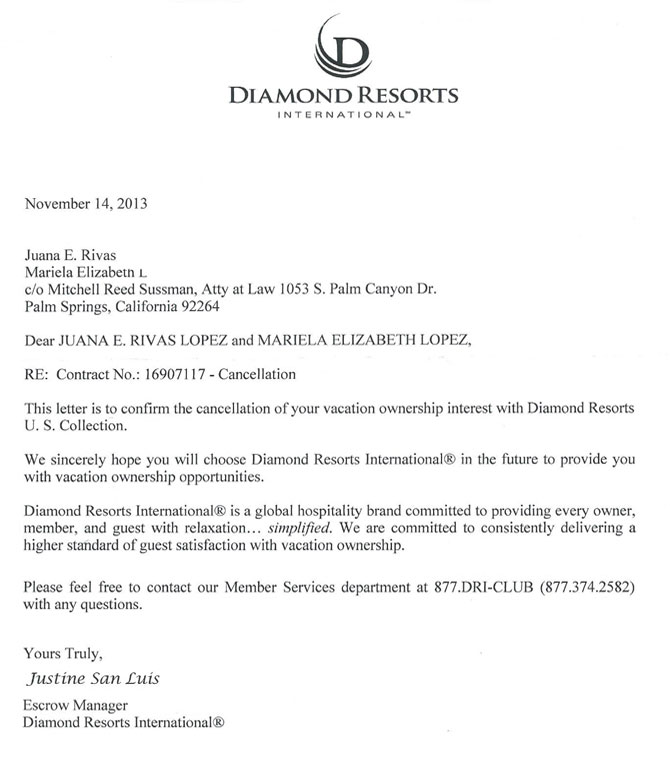In keeping with this convention, through the rest of this course I normally refer to timeshare periods as "timeshare weeks" or "weeks". In addition to the purchase rate, timeshare owners also pay a yearly cost for property maintenance and management. Most timeshare projects likewise reserve a couple of one weeks use of each system for upkeep and repair work. Historically, many timeshare developers have actually used high-pressure and misleading sales strategies, with misleading and unreliable representations of what buyers could get out of their timeshare ownership. The timeshare industry has also had its share of dishonest and dishonest resort Click here for more designers and operators. As a result, timesharing has a bad reputation with lots of people. Exchange worth. Exchange value is the capability of a timeshare week to exchange for another timeshare week. Some weeks are better and desirable than others. If you desire to routinely utilize your week for exchanging, you require to be mindful of the exchange worth of the weeks you desire to get and make certain that you buy a week that will have the required worth to finish these exchanges. Usually, exchanges are completed utilizing weeks of similar value. If the week you own is a lower value week than the locations you wish to exchange into, you need to understand this and plan your exchanges accordingly.
To be able to plan your exchanges, you need to able to predict reasonably well the exchange worth of your week. The greatest exchange worth predictability accompanies a points program. In a points program you understand exactly what your exchange worth remains in points, and how numerous https://zanedhud705.wordpress.com/2022/01/23/how-to-purchase-a-timeshare-can-be-fun-for-everyone/ points are needed to complete exchanges to other resorts in which you are interested. The majority of getaway clubs likewise have a high degree of predictability, a minimum of for exchanges finished within the club. With repaired Check over here weeks, the use period is the same every year. Therefore, the portion of exchange worth that is associated with the season will typically be the very same from year to year; some variations in this can take place, however, if the week regularly includes a significant holiday.
With floating weeks, the exchange worth will depend upon the need for the week that you receive to deposit into your account. As described in Lesson 3, in numerous floating week resorts owners might have little or no capability to select the week that designated to them for exchanging. How far in advance of usage you can transfer a week. With repaired weeks, the use dates are fixed and understood. For that reason, you can generally transfer fixed weeks with exchange business as far in advance as an exchange company will enable (usually two years). In contrast, with floating weeks, you frequently can't deposit weeks earlier than the resort will allow bookings to be made.
Therefore, repaired weeks permit you to carry out longer range getaway planning. Ability to divide a week. A lot of points systems will enable you to reserve systems for less than one week. Some drifting week resorts and vacation clubs will also allow you to split your usage right into different weekend and weekday durations. Repaired week resorts normally have no provisions for splitting a week. Frequency of timeshare use. how to get rid of my timeshare. A lot of timeshare programs are based on yearly use of the timeshare. If your vacation schedule or choices are such that you would not use a timeshare every year, you should purchase a system in a program that accommodates this situation.
Getting The What Is Float Red Timeshare To Work
As the name indicates, with an EOY ownership your usage right occurs every other year. Purchase costs for such a system are likewise less. Yearly fees for an EOY are usually managed in one of two ways: 1) you pay a full yearly fee, but only for the year for which you have an use right; or 2) you share of a full fee every year. Points programs also work well if you do not getaway annually, since the points will typically rollover to the next year if you do not use them. Some vacation clubs will also permit you to rollover a holiday usage into the next year.


With a deeded home, you belong owner of the residential or commercial property; if the home supervisor becomes defunct, you will still own your share of the home. In contrast, when the operator of a right-to-use property ends up being defunct, your only claim on the property is as one of lots of other creditors. Likewise, in a deeded residential or commercial property, the house owners association can typically change the resort supervisor if they select. In a right-to-use home, the owner and operator are usually the same entity or are closely associated entities (how to get out of a holiday inn club timeshare). You need to likewise consider the years of use remaining on a right-to-use agreement, especially as it compares to your long-range trip plans.
If you only plan to holiday for about 10 years, purchase of a right-to-use with about 10 years of staying life might be rather useful and cost-effective. In a lockout system, the layout of the system permits the system to be divided into two subunits, each of which can be occupied separately. Typically, a two-bedroom lockout system typically splits into a hotel unit and a one-bedroom system. The lockout feature significantly increases your flexibility in using the system. For instance, one year you could inhabit the unit as a complete two-bedroom unit. Another year, if there were fewer individuals in your party, you might choose to occupy just the one-bedroom portion and deposit the hotel system with an exchange company - how to negotiate timeshare cancel.